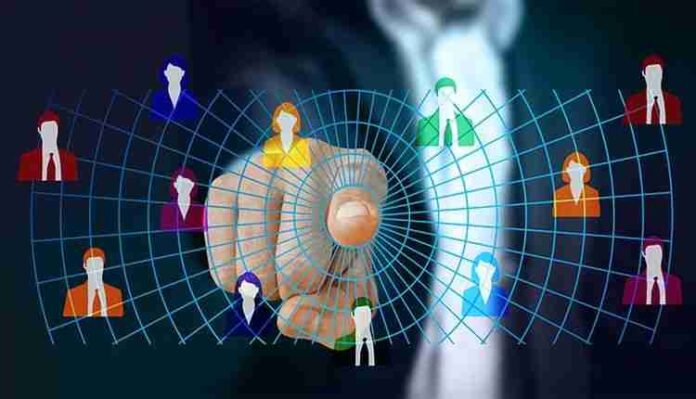
With rapid advancements in the technological sphere, integration of Gen AI is transforming organizational culture and workplace experience across industries.
Recently, we at SightsInPlus delved into this topic, exploring how Gen AI technologies are reshaping the workplace dynamics.
Understanding Organizational Culture
Organizational culture encompasses more than just shared beliefs and values; it permeates through behaviors, collaboration styles, creativity, innovation, and even decision-making processes.
Traditionally, understanding and shaping culture involved extensive surveys and prolonged analysis. However, Generative AI is changing this paradigm by providing real-time insights and actionable data.
According to Usha Chirayil, Senior Director – HR, Reflections Info Systems, “Generative AI allows us to condense vast amounts of data into understandable formats swiftly. This capability empowers us to pinpoint cultural strengths and areas needing improvement more effectively than ever before.”
Enhancing Creativity and Innovation
Creativity and innovation thrive in environments where diverse ideas are encouraged and nurtured. Srinivasa Bharathy, MD and CEO, Adrenalin e-Systems Ltd explains, “Generative AI acts as a co-pilot, augmenting human intelligence in problem-solving and ideation processes. This augmentation not only accelerates innovation but also diversifies the range of solutions available.”
Also Watch: How GenAI Transforms Workplace Experience and Culture, Click Here
Usha adds, “AI tools facilitate predictive analysis and assist in decision-making, which are crucial for driving creativity and innovation agendas within organizations.”
Empowering Employee Engagement and Experience
One of the most impactful applications of AI in organizational culture is in enhancing employee engagement and experience.
Usha elaborates, “AI-driven feedback mechanisms, such as chatbots, streamline communication and feedback loops. These tools not only reduce HR’s administrative burden but also provide deep insights into employee sentiments and engagement levels in real-time.”
Srinivasa emphasizes, “By leveraging AI for communication and policy adaptation, organizations can tailor their approaches to suit employee needs swiftly and effectively.”
Navigating Risks and Ethical Considerations
Despite its transformative potential, integrating Generative AI into organizational practices comes with inherent risks, particularly concerning biases in data and decision-making processes.
Usha highlights, “Bias can inadvertently seep into AI algorithms, affecting outcomes in critical areas such as recruitment or performance evaluations.”
Sasa underscores the importance of ethical AI implementation, stating, “Ensuring transparency, fairness, and robustness in AI systems is paramount. Organizations must rigorously assess and mitigate biases to maintain equitable practices.”
Looking Ahead: The Future of AI in Organizational Culture
As AI continues to evolve, its role in shaping organizational culture will evolve alongside it. Both Usha and Srinivasa foresee ongoing advancements in AI capabilities, driving greater efficiency and innovation in workplace dynamics.
They advocate for a balanced approach that harnesses AI’s potential while preserving human-centric values and ethics.
Wrapping Up
In conclusion, Generative AI is not merely a technological tool but a catalyst for cultural transformation within organizations.
By leveraging AI’s capabilities thoughtfully and ethically, organizations can foster inclusive cultures, drive innovation, and enhance employee experiences.
As we navigate this AI-driven era, maximizing its potential while safeguarding against risks will be crucial in shaping the workplaces of tomorrow.
Note: We are also on WhatsApp, LinkedIn, Google News, and YouTube, to get the latest news updates, Subscribe to our Channels. WhatsApp– Click Here, Google News– Click Here, YouTube – Click Here, and LinkedIn– Click Here.








